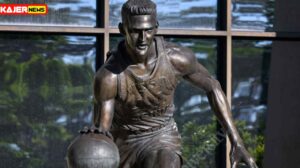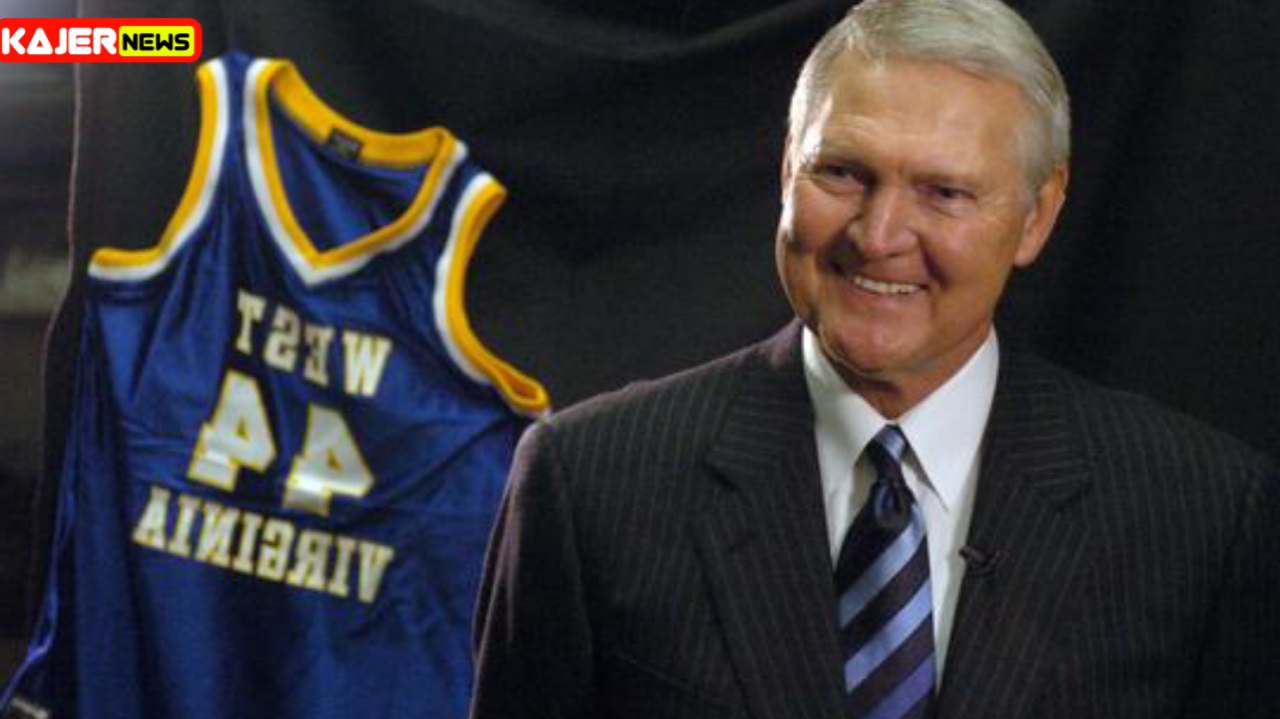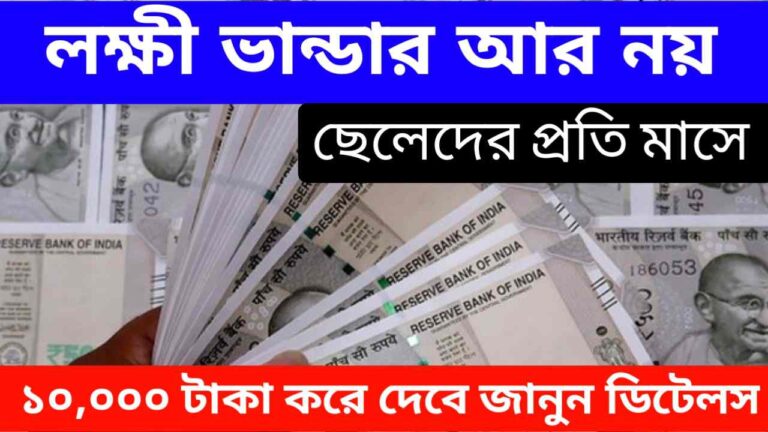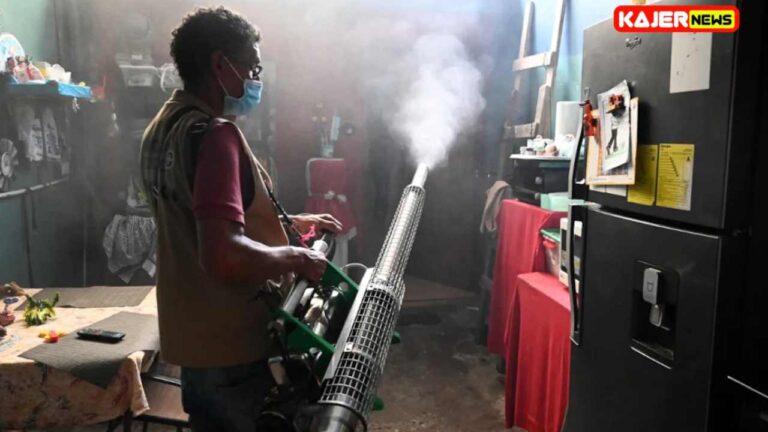Never Again Will There Be A Jerry West
Arrive at work at nine in the morning, glance through your friends’ posts on social media, and start planning your early afternoon get-away to take your dog for a walk. That was my initial thought when my supervisor, Michael Fragale, entered the office and informed me of Jerry West’s recent passing.
“You better go work,” he murmured.
Imagine if a basketball were to go through your front window!
But Jerry West, the man who was always so full of life and vigor and vitality?
Until they do, Peter Pans just never die.
With a man who accomplished so much, where do you even begin? What do you put in and take out of your writing?
It is hard to write about all of Jerry West’s accomplishments over his 86 years of fulfilling life in a short period of time.
What words could adequately express the immense impact he has had on the citizens of this magnificent state and the supporters of West Virginia University?
When he meant so much to everyone, who do you talk to?

The greatest place to start when you don’t know where you are heading is always at the beginning. For me, that beginning is a file cabinet full of interviews that I’ve saved throughout the years, some of which include discussions with West. I conducted half a dozen transcribed telephone conversations with him, ranging in duration from around twenty minutes to thirty minutes.
Before their interest wane and they want to stop the interview and go on to other important things in their day, some individuals will give you 10 or 15 minutes of their time. That’s what individuals much below on the hierarchy have done to me.
not Jerry, though.
When I had questions, he was always more than happy to take his time and explain everything, especially about West Virginia, West Virginia University, and his fellow Mountaineer basketball players. I quickly discovered that chatting to Jerry about his close buddy Willie Akers or his fellow students would elicit intriguing answers from him.
Jerry West Following his passing in Los Angeles on Wednesday morning, West Virginia supporters adorned Jerry West’s statue with blue and gold flowers (WVU Photo/Jennifer Shephard).
When he was playing at East Bank High in the mid-1950s, I remember asking him once why there were so many exceptional basketball players in the state at the time.
I told him again the story the late Eddie Barrett had told me about Chuck Noe, the coach at Virginia Tech, who saw scores in the 40s and 50s in the high school games in Virginia and then in the 80s and 90s in the West Virginia box scores, and decided he wanted those West Virginia players.
Naturally, that enraged Jerry.
“We played the Kentucky all-star team, and they were supposed to have the best players in America,” he said. We defeated them twice out of two games. Simply said, we had a pretty exceptional bunch of individuals in West Virginia.
“A significant factor in it was the play’s style,” West clarified. “I believe that in some areas, coaches were a little more stringent than other coaches. The majority of coaches most likely take after the coaching philosophies of the coaches they played under. Maryland played a really slowed-down game when I was being recruited for college, and while I kind of loved that school, I couldn’t go there and play that style. I just didn’t think playing that way would have been enjoyable.”
With George King serving as his first assistant coach, West Virginia coach Fred Schaus had just resigned from the professional ranks and, at the time, was still youthful and athletic enough to get out on the court and teach the men some tips and tactics that most other coaches couldn’t.
When King was a member of the Syracuse Nationals, they won an NBA championship, and West remembered facing King frequently at the former Field House.
Those diverse West Virginia basketball teams of the late 1950s laid the groundwork for the tremendous achievements West went on to accomplish as an executive with the Los Angeles Lakers.
Schaus was able to persuade Akers that playing supporting role for West Virginia University’s Jerry West was a better option for him than being the top scorer at Virginia Tech or Wake Forest, where some of the state’s best players were attending at the time.
When Willie decided to go at WVU and play hoops alongside his friend Jerry West, he had one simple wish.
He declared, “I wanted to win.”
Thus, he joined forces with Lloyd Sharrar, Bobby Joe Smith, and Jim Ritchie at WVU to play defense and steal rebounds, leaving the ball handling to guards Joedy Gardner.
The players on the squad were so motivated that they would collectively knock down their granddad to retrieve a loose basketball.
I was once invited to participate in a speaking engagement with Jerry West in Lewisburg, West Virginia, and I got to see firsthand how serious West really was.
Jerry West’s life narrative is a template for success; it has all the elements of a successful life—successes, failures, joy and sorrow—rolled into one cohesive whole.
It is very hard for us West Virginians to say goodbye because he personified every one of the ideals that we cherish so much.
There will never be another Jerry West, so in the interim, fly your West Virginia flags lower until after West Virginia Day on June 20th, in remembrance of West.





